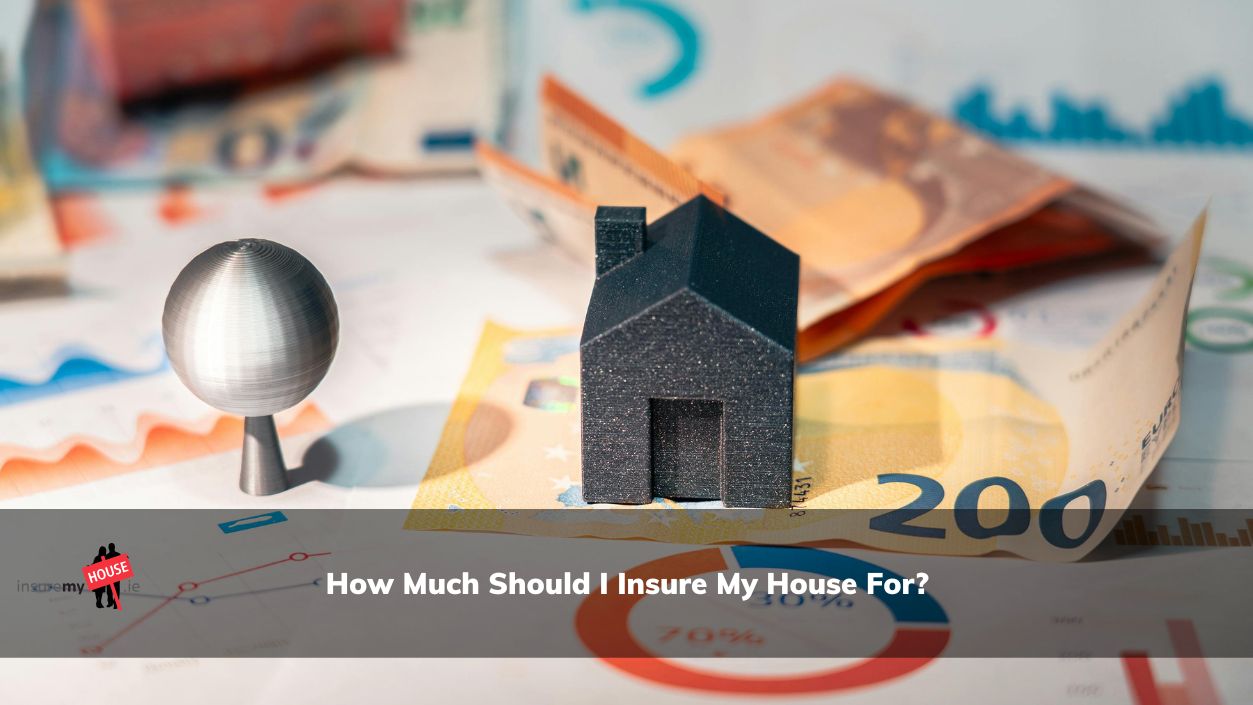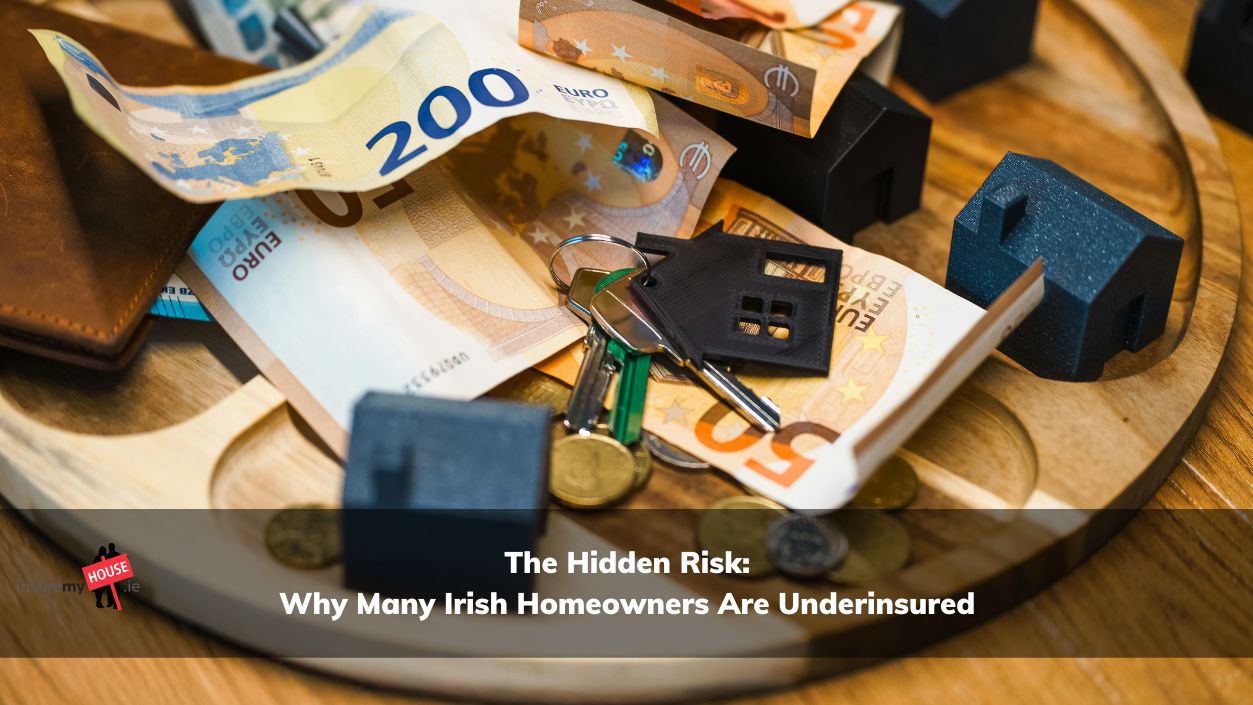Friday, 25 June 2021
How to improve your BER rating
It's essential to have a warm and cozy home. Improving your BER can even impact your home insurance premium.
An energy-efficient home can save you considerable money on bills. Not to mention, it’s better for the environment and can even help you lower your home insurance premium. As well as providing excellent home insurance, we also offer helpful tips on improving its energy efficiency. A property that has solid insulation and double-glazed windows for example requires less energy to heat. This is because your home heating system doesn’t have to strain to replace the heat that is being naturally lost. So how do you know if your home is losing energy? This comes from your Building Energy Rating – also known as BER.
The BER of your home indicates energy efficiency and it is measured on a scale of A – G. The BER assessment looks at your home’s current insulation, heating supply, and ventilation. This information is then recorded, and a document that provides the energy rating in addition to recommendations is issued. Understanding how to improve your BER rating can lead to significant savings and a more comfortable home. Keep reading to learn what is a good BER rating.
So, what BER is good and what is bad?
The BER grade scale essentially works like a school grading system. A home that has achieved a rating of ‘A’ is exceptionally energy efficient. However, a home that achieves a property rating of G needs significant improvements to make it more efficient and economical. Similarly to the Irish school system with letter categories, there is also a number category. For example, A1, A2, A3. For your home to reach an A1 standard then it must use less than 25kwh/m2 per year. Essentially, the better the BER of your home the more economical it is for you.
Why is a BER important?
Firstly, it’s illegal for a new build in Ireland not to have a BER cert as well as any existing homes that are for sale or rent. This law applies to not only residential but commercial buildings too. Nowadays, owners of older houses are expected to take measures to improve the energy efficiency of their homes.
So how do you improve your BER?
If we’ve got you thinking about BER and efficiency and you believe your home might require changes to bring it up to speed, then worry not. When considering how to increase your BER up to a B or C rating, then we have some tips.

Get a handle on draughts:
Heat is lost through gaps. We’ll discuss this in more detail when we move on to insulation. Draughts are caused by air passing from the outside or the inside, or from the inside to the outside. Because the pressure differences are caused by wind or warmer indoor temperatures, rather than ventilation which you can control, draughts cause heat loss. Hence, you must identify any draughts in your home and try to rectify the problem.
Inspect your household doors, are they worn at the edges? Are they beginning to allow cold air in? If so, then it might be worth replacing them and getting a new door. If your windows aren’t double glazed then chances are heat is escaping through this too.
If you have fireplaces in your home that are not in use, then you should consider having these blocked off. A lot of heat can escape through your chimney and similarly, lots of colder air can enter. However, if you use your fireplace even once in a blue moon, then do not attempt to block your chimney as this could cause a fire. You don’t want to have a mess on your hands or must ring your home insurance company. This is a big step when considering how to improve your BER rating.
.jpg)
Insulation:
Insulation is essential when it comes to heating your house. It’s probably one of the most important aspects to consider especially if you are buying or building a new home. While a significant amount of people believe most of the heat in your home is lost through the roof, 65% of the heat in your home, is lost through the walls, windows and doors. This may go against everything you’ve heard, however it’s true! The flooring in your house is the culprit for approximately 15% of heat loss.
Cavity wall insulation can help to stop vast amounts of heat from escaping through your walls and attic. If you have a hunch that your insulation isn’t up to scratch, it might be worth having someone come and look at it. An independent professional will not only be able to give you a more informed opinion about where you are losing heat, but they will also be able to give you a quote on how much it is going to cost.
There are grants available from the SEAI to adequately insulate your house. It’s a good idea to read up on all the requirements ahead of applying for the grant before you put yourself through the application process.
Solar Panels:
Installing solar panels is an effective way to improve your BER rating. Solar panels harness renewable energy from the sun, reducing your dependence on non-renewable energy sources. By generating your own electricity, you can lower your energy bills and decrease your home's carbon footprint. Solar panels can also contribute to heating your water, further increasing your home's energy efficiency. Many government grants are available to help with installing solar panels, making this a worthwhile investment for your wallet and the environment. This is another significant step in learning how to improve your BER rating and make your home more energy-efficient.
.jpg)
Light bulbs:
While it might be a small step, changing your light bulbs will affect your energy rating! Instead of traditional incandescent bulbs, consider using LED lights for bedroom, living, kitchen and other areas. These lights use less energy and last far longer than a standard bulb. These bulbs will also help to improve your BER rating, so it is a win-win.
What are the benefits of improving the BER rating in your home?
If you are considering a home build, then a good BER rating will help you reduce the cost of running a home moving forward. If you are considering renting a property with a good BER rating, then this will lower the costs that you have to pay on bills. Working on your BER rating can also impact the cost of your home insurance premium so it’s worth mentioning to your home insurance broker!
Read here more on how to find your BER.
At insuremyhouse.ie we want to ensure that you get the best house insurance premium at the best price! Contact our expert home insurance brokers today!






